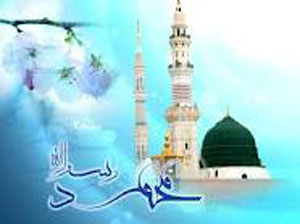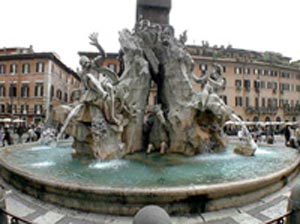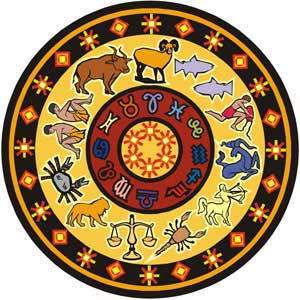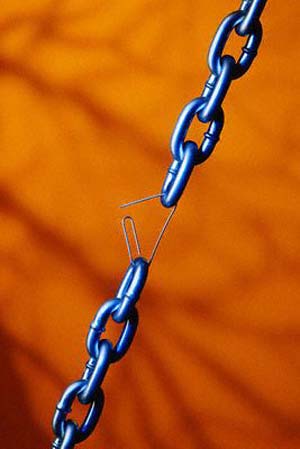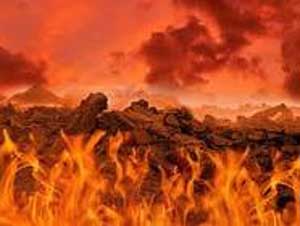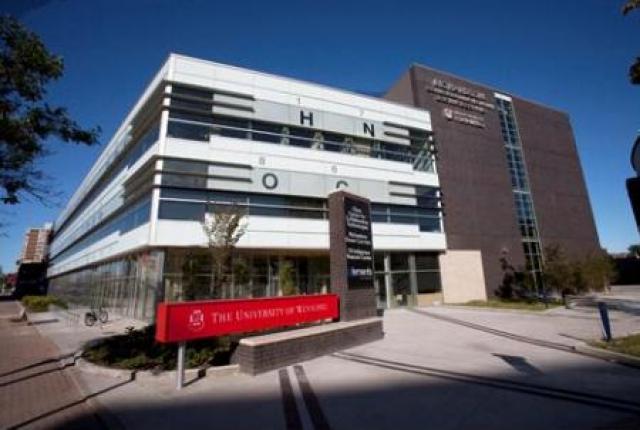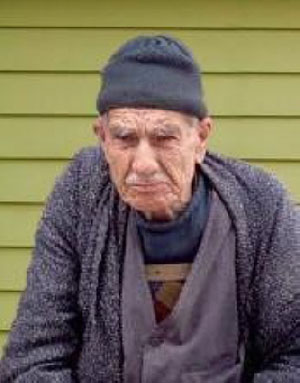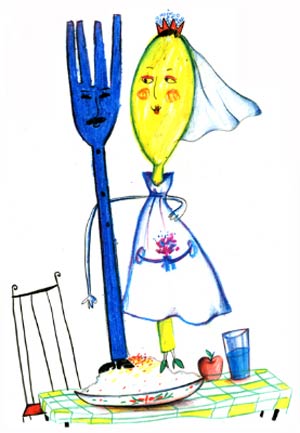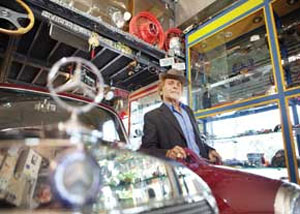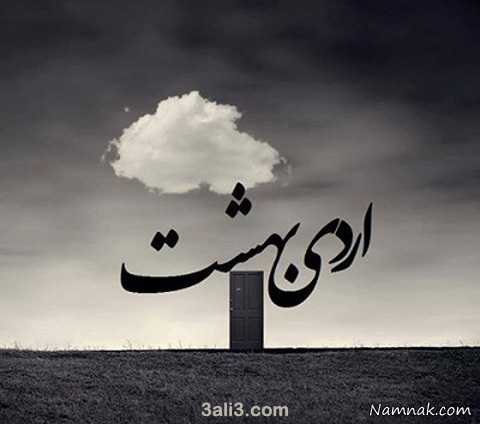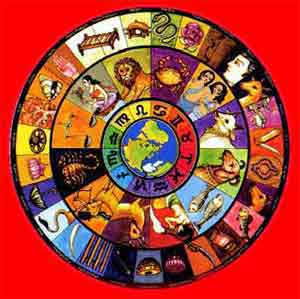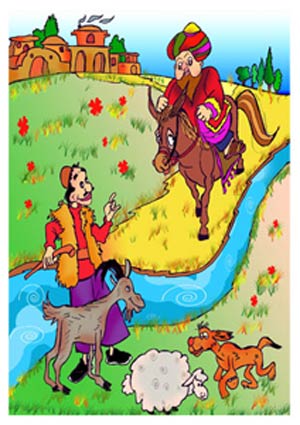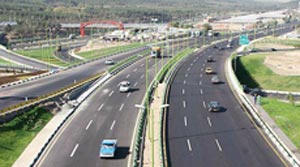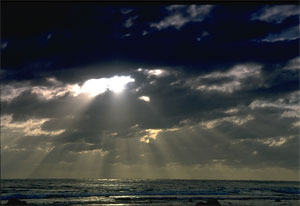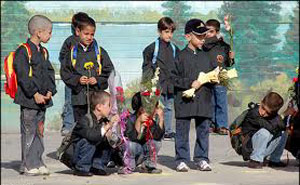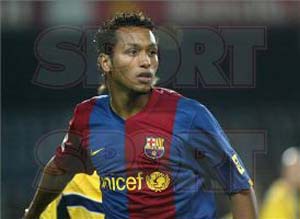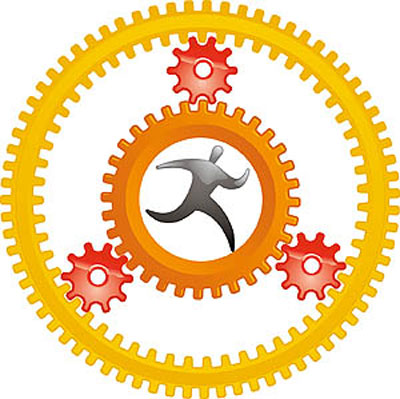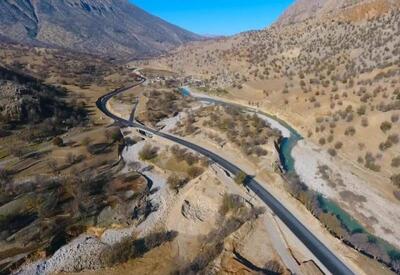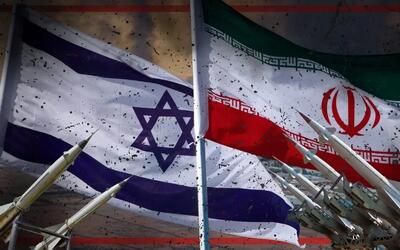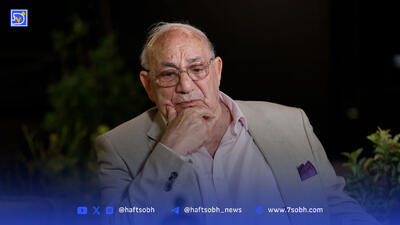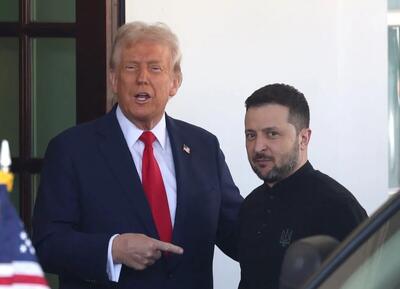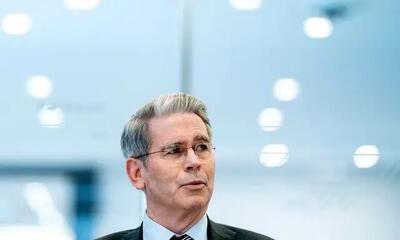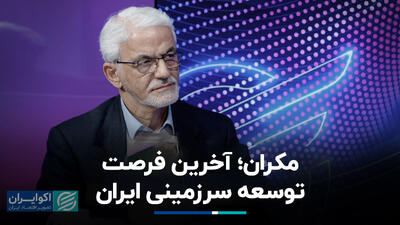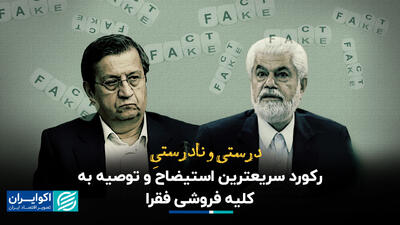یکشنبه, ۱۹ اسفند, ۱۴۰۳ / 9 March, 2025
مجله ویستا
دو دیدگاه درباره مستند «روزهای بی تقویم»
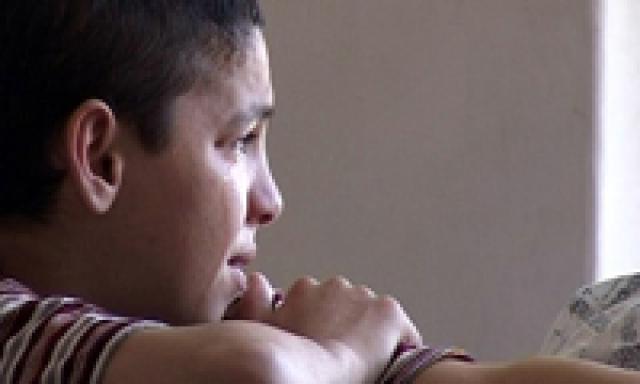
رضا بهرامی نژاد، امید توفیقیان
ارزش خوب دیدن
مهرداد اسکویی پس از سالها تجربه و مداومت در ساخت فیلمهای مستندش اثری خلق کرده که ما را دعوت به دیدن ، بی هیچ قضاوتی می کند . فیلم در یک کانون اصلاح تربیت می گذرد و در میان بچه های خلافکار و معتادی که در انتظار پاک شدن و آزادی به سر می برند ، چند شخصیت را بیشتر و بهتر از دیگران دیده است. نمی دانم مدت تحقیق فیلم و یافتن و نزدیک شدن به شخصیتهای آن چقدر زمان برده است اما فیلمساز توانسته به لحظات دردناک و شخصی ای از زندگی این مردهای کوچک نزدیک شود که تماشایش همزمان طعم درد و امید و هراس برایتان به ارمغان می آورد .هنر اسکویی در این فیلم دخالت نکردن و یا کمتر دخالت داشتن در موقعیتهاست . در لحظات مصاحبه با کودکان سوالهای ساده ای همچون : اگر خودت یه بچه داشتی چطور بزرگش می کردی ؟ و یا چرا بیشتر از بقیه بچه ها می خوابی ؟ جوابهای ساده اما معنا داری به دنبال دارند که شخصیت پردازی کودکان را پررنگ می کند . فیلم به درستی به دنبال زندگی بیرونی و یا حتی علل دستگیری و یا نوع دقیق جرم کودکان نیست و به جای اینها فضایی از زندگی بی پناه و شکننده آنان می سازد که ما را بیشتر از گذشته و حال این مجرمان کوچک ، درگیر آینده نامعلوم اما محتومی می کند که بعد از دیدن فیلم نیز با شماست .
نقطه قدرت اصلی فیلم ، چیدن یک ساختار موثر است که شخصیتها و داستانهای تنهایی شان را به موازات هم و در دل یکدیگر تنیده است . و باید از کار خوب لقمان خالدی ، تدوینگر فیلم یاد کرد که تدوینش کمک موثری به چیدمان داستانکهای موازی فیلم داشته است . سکوتهای این فیلم مدیون درک درست و همکاری پا به پای کارگردان و تدوینگر فیلم است . و اشکان اشکانی تصویر بردار جوان و پرکاری که پیشتر در فیلمهای کوتاه تجربه داشته ، تصاویری زنده را که اغلب شکاری و بداهه اند ، از زندگی رخوتناک این کودکان به فیلم بخشیده . تصاویر فیلم در راستای نگاه کارگردان ساده اند و خود را به رخ نمی کشند . بدون نورها و یا حرکتها ی اضافی . این تیم را فرشید فرجی که مدتهاست با اسکویی همکاری دارد کامل می سازد . او از معدود صدابردارانی است که ذهنیت کار در سینمای مستند را به درستی می شناسد و صداهای مخملی اش برای همه ما غنیمتی است .
رضا بهرامی نژاد
It’s Always Late for Freedom
The title of Mehrdad Oskouei’s film It’s Always Late for Freedom communicates a negative view towards the topic he is dealing with. The film represents, in general, the situation of boys detained in the Tehran Centre for Juvenile Detention. In relation to the issue as a whole the title seems fitting since the boys have lost their freedom because of the time they are forced to spend at the centre. Due to social, economic and domestic misfortunes the boys in the film find themselves punished through detention – a lack of freedom through corporeal coercion. But they have also lost another deeper sense of freedom. In addition to being physically detained, they enter, unwillingly, into a particular rite of passage after which a psychological sense of childhood freedom is taken from them, i.e. even though they are still children they have now lost the ability to view the world with the liberties enjoyed by children. Taken prima facie, the title of the film expresses these obvious and fundamentally negative aspects of juvenile incarceration.
However, an analysis of the three main children featured in the documentary illuminates another perspective of the film that is not as bleak as the one rendered above. If we concentrate on the particular characters presented in the film, rather than the overall state of the children in the centre as a whole, certain nuances surface that allow for a more positive interpretation of the film. In addition, this optimistic perspective of the film can be seen as a collective practical message encouraging active progressive change toward a more advanced sense of social maturity. In my exegesis of Oskouei’s film I want to explore the personalities of the three main protagonists, Vahid, Ali and Sajad, as representatives of three emotionally potent and significant states of being that individuals often experience during maturity: hope, regret and innocence.
Vahid is a street smart, savvy and sociable child who has been struggling against formidable odds all his life. He was admitted to the detention centre by his mother because of her concern for his drug addiction. Vahid experienced cruel treatment from his father before he passed away and became interested in drug use after witnessing his brother’s bad habits. In the midst of a destructive domestic setting Vahid did not lose his sense of humor and his ability to face up to the wrong choices he had made. His stoic attitude is exhibited especially when he is shown conversing with his older sister who testified against him in court or when he, during an interview, expresses his intention to change for the better.
Vahid’s role in the documentary is unique because throughout the film he represents a sense of hope regardless of the obstacles that challenge him or the uncertainties he must deal with regarding his situation. Until late in the film Vahid is unsure exactly what he has been charged with or when he will be released. But rather than fret over these issues he is productive, amicable and comforts his fellow detainees in times of emotional difficulties. The film ends not long after he receives notice of his release date. He responds to the good news with the same jovial attitude that he expressed toward most other experiences, whether they were positive or negative. Vahid is symbol of hope and optimism in a context where freedom has been restricted and when a future state of liberty is unclear.
Unlike Vahid, who is constantly looking to the future, Ali is an individual who is tormented by the past. He seems to be the older of the three and in many ways the more mature. Ali’s maturity is the result of the experience he has gained from being held in detention and his strong feeling of regret. He has acknowledged that what he did was wrong not just because he abused the rights of another (his was convicted of stabbing another boy) but also because he has caused grief and anguish to his family, especially his mother. Wisdom often comes from considering many different aspects of an issue. By considering the emotional toll that his actions have taken on his family Ali arrives at a profound sense of regret. He is the only member of the three main characters whose release is imminent yet this fact does not appease his sense of guilt. His feeling of remorse is intensified when his release is complicated due to bureaucracy, not because he is concerned about himself and the fact that he must remain in the centre until the problem is resolved but because his mother must tolerate the delay. By filming his telephone conversations, Oskouei depicts the intense emotional torment Ali feels when he realizes the extent to which his mother longs to see him and how his sister must struggle with the court system on his behalf.
By the end of the film Ali seems to be the most successful of the three because he is the only one released. However, he may also be the most tragic because he is the only one that comes to recognize the full extent of his actions. Ali’s acquisition of this knowledge is the root cause of his grief but it is knowledge that was indispensable to his redemption. He knows that the profound regret he experiences will remain with him after he is released and is a necessary factor in transforming his character regardless of the bitterness associated with his new found wisdom. Ali’s problems are eventually solved and he is freed, but the remorse he felt as a result of his experiences will forever remind him of those experiences. Ali’s story expresses the necessary paradox between moving forward in life by looking backward to the past.
The complexity of Sajad’s experience can not be compared to the situation of the first two children. In contrast to Vahid and Ali, Sajad did not intend to commit a crime. In fact, when he describes the events surrounding his conviction in the film one realizes that he is innocent and the victim of unlucky circumstances. Sajad’s desperation to free himself from his exploitative uncle by trying to obtain his educational documents culminates in him being arrested for theft of a motorcycle. His opportunities for resolving the misunderstanding are limited due to the fact that his parents are divorced, his mother has remarried and lives in Sweden and access to his father is blocked by his mother’s family. From every angle Sajad’s story is a case of complete innocence, a child that must tolerate undeserved punishment due to the incompetence of his caretakers.
Sajad’s role in the film is admirable yet disturbing. He is willingly and consistently in the service of the other boys in the centre. This virtue is represented when he explains how he stayed up all night massaging a newly admitted drug addicted boy or when he tries to involve some of the less popular boys in leisure activities. In Sajad’s world no one is bad, humans do not fault. He refuses to blame his parents for his situation and he is even reluctant to mention anything derogatory concerning his uncle. Because he is pure and innocent he fails to recognize the faults of those whose incompetence has led to his incarceration. This feature of his personality is both admirable and troubling and can only be attributed to the purity of childhood – his complete innocence. The details of his release are not mentioned and therefore he is depicted as a child who must tolerate injustice and simply wait for salvation which he expects will happen soon. In many ways Sajad’s character in the film resembles the innocence attributed to martyrs such as Christ or Hussein.
It’s Always Late for Freedom is a film about the most sensitive moments associated with transition and the most potent emotions it evokes. The film is about a ‘rite of passage’ or, more accurately, a ‘baptism of fire’ that three children are initiated through. On a more theoretical level, the film can also be interpreted as a simile expressing the trials and tribulations of societies or nations during the course of progress.
Mehrdad Oskouei’s documentary must not simply be seen as only a tale about the lives of children in a juvenile detention centre. It is also a reflection of some of the most compelling problems faced by individuals as they struggle toward maturity and the strongest emotions felt as they grapple with social and personal evolution. Stages of development and their corresponding emotions are depicted through the experiences of Oskouei’s three protagonists, Vahid, Ali and Sajad. By describing the ordeal of three boys in a house of correction he is simultaneously prescribing possibilities for instilling hope; gaining knowledge through feelings of regret; and understanding the significance of innocence in the face of injustice.
Omid Tofighian
Ph.D candidate
Philosophy
Leiden University
The Netherlands
omid_tofighian@yahoo.com
ایران مسعود پزشکیان دولت چهاردهم پزشکیان مجلس شورای اسلامی محمدرضا عارف دولت مجلس کابینه دولت چهاردهم اسماعیل هنیه کابینه پزشکیان محمدجواد ظریف
پیاده روی اربعین تهران عراق پلیس تصادف هواشناسی شهرداری تهران سرقت بازنشستگان قتل آموزش و پرورش دستگیری
ایران خودرو خودرو وام قیمت طلا قیمت دلار قیمت خودرو بانک مرکزی برق بازار خودرو بورس بازار سرمایه قیمت سکه
میراث فرهنگی میدان آزادی سینما رهبر انقلاب بیتا فرهی وزارت فرهنگ و ارشاد اسلامی سینمای ایران تلویزیون کتاب تئاتر موسیقی
وزارت علوم تحقیقات و فناوری آزمون
رژیم صهیونیستی غزه روسیه حماس آمریکا فلسطین جنگ غزه اوکراین حزب الله لبنان دونالد ترامپ طوفان الاقصی ترکیه
پرسپولیس فوتبال ذوب آهن لیگ برتر استقلال لیگ برتر ایران المپیک المپیک 2024 پاریس رئال مادرید لیگ برتر فوتبال ایران مهدی تاج باشگاه پرسپولیس
هوش مصنوعی فناوری سامسونگ ایلان ماسک گوگل تلگرام گوشی ستار هاشمی مریخ روزنامه
فشار خون آلزایمر رژیم غذایی مغز دیابت چاقی افسردگی سلامت پوست
